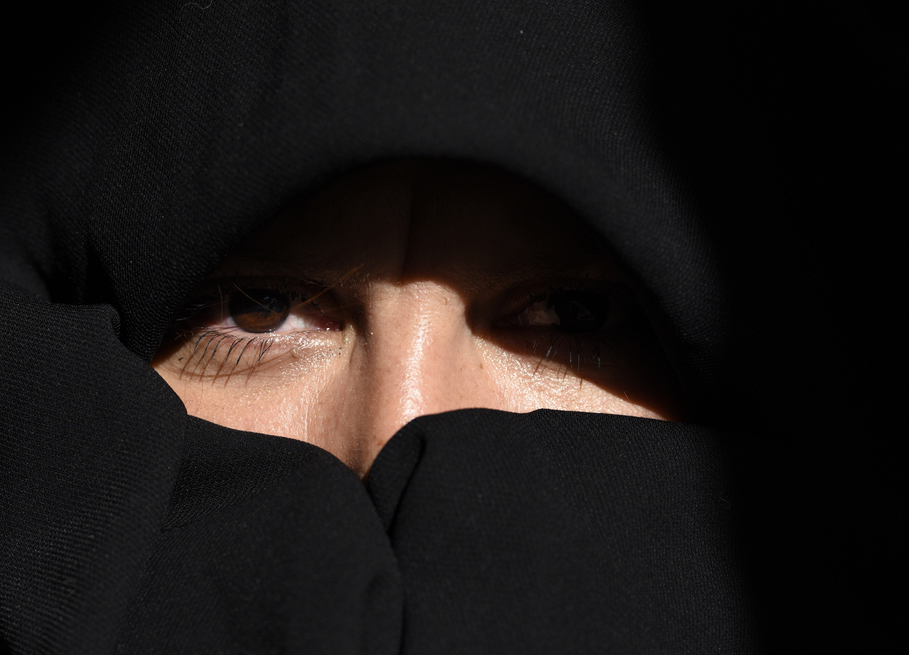A Muslim education group in Kerala has banned all “face-covering veils” on its campuses from the upcoming academic year, inviting criticism from Islamic scholars.
The Muslim Education Society (MES) has in a circular dated April 17 asked the heads of the 100-odd educational institutions it runs in the state to ensure that “no student enters classes with dresses that cover their faces”.
This has been interpreted as a ban on the niqab, the veil Muslim women wear covering their faces, since Hindu and Christian women in Kerala don’t cover their faces.
On Friday, MES president P.A. Fazal Ghafoor told reporters: “The circular clearly states what kind of dresses would be allowed. We are strongly standing by that.”
Kerala higher education minister K.T. Jaleel has defended the MES, stressing: “It did not ask women not to wear the purdah (the black gown Muslim women wear); it only said the niqab should not be worn.”
He added: “When a Muslim woman prays she should not cover her face and hands.”
The Samastha Kerala Jamiyyathul Ulama, an influential group of Sunni religious scholars, has condemned the dress code as an uncalled-for intervention in religious matters.
“The MES has absolutely no right to interfere in religious matters. It is not an organisation entitled to make such decisions,” Ulama president Sayyid Mohammed Jifri Muthukoya Thangal told reporters in Kozhikode.
He urged the MES to withdraw the circular, saying: “Our traditional attire goes back to the early days of Islam; we have to follow that. Only organisations like ours are allowed to take decisions on religious issues, including the dress Muslims should wear.”
Ghafoor had earlier too criticised face-covering dresses, terming them a “western import” in 2014 and claiming that many Muslim women suffer from vitamin D deficiency because of such clothing. The human skin manufactures vitamin D when exposed to sunlight.
The MES, founded in 1964 by Ghafoor’s father P.K. Abdul Ghafoor, runs 35 colleges and 72 schools in Kerala. Its circular has come at a time the burqa has become a subject of controversy on the subcontinent.
Sri Lanka banned the burqa in public places following the Easter Sunday terror attacks that killed more than 300 people at churches and hotels.
Shiv Sena mouthpiece Saamana too recently urged Prime Minister Narendra Modi to ban the burqa in public places in India.
Veteran lyricist Javed Akhtar has hit back by demanding a tit-for-tat ban on the ghunghat, the veil Hindu women wear in northern India.
“I have no objection if you want to bring in a law banning the burqa. But this government should also announce a ban on the ghunghat before the last phase of elections in Rajasthan (May 6),” he said.











